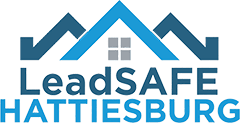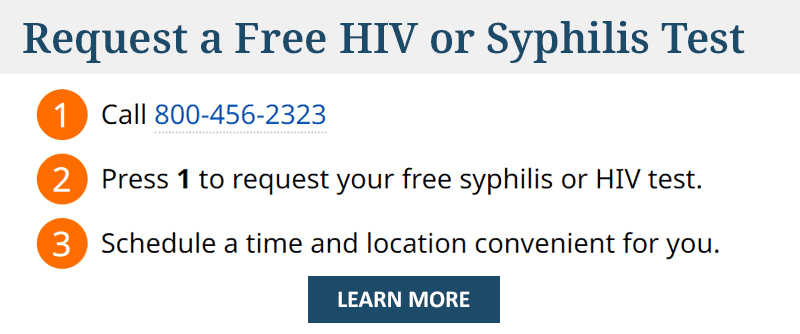Lead poisoning is one of the most preventable environmental health problems in young children. High levels of lead can harm the brain, interfere with growth, cause learning difficulties, and may cause death.
ON THIS PAGE
Sources of Lead

Children can be exposed to lead from any of the sources below. Children are at higher risk of lead exposure if they frequent older homes that contain lead in pipes, mini-blinds, or that have chipping and peeling paint.
Possible sources of lead are:
- Soil and dust
- Tap water
- Glazed pottery
- Electrical cords
- Garden hoses
- Lead-based paint
- Keys
- Batteries
- Imported canned foods
- Imported spices, candies and herbal medicines
- Metal jewelry
- Outside water faucets
Signs & Symptoms

Lead poisoning may occur without any signs or symptoms.
It can take a long time for symptoms of lead poisoning to appear. Your child may be at risk long before you see any effects. Some signs to look for are:
- Learning problems
- Nausea
- Growth failure
- Behavior disorder
- Unexplained seizures
- Irritability
- Developmental delay
- Hearing loss
- Frequent tiredness
7 Ways to Reduce Lead Risk



- Keep your child from eating paint chips, dust or dirt. Keep children away from window sills, steps and porches in old homes.
- If you rent, notify your landlord of peeling or chipping paint.
- Have your home checked for lead before you remodel. Do not scrape or sand lead-based paint. See this list of certified lead inspectors
- Clean floors, window frames, window sills and other surfaces weekly. Use a mop, sponge, or paper towel with warm water and an all-purpose cleaner. Discard sponge after use.
- Wash children's hands often, especially before eating and after playing outside. Wash toys, pacifiers and bottles often.
- Clean or remove shoes before entering your home to avoid tracking in lead dust.
- Make sure children get a diet high in iron, calcium, and vitamin C and frequent meals throughout the day.
What's in that bottle?
Some spices used in cooking, herbal medicine, or as coloring for candies can contain lead. When purchasing these items, especially online, be sure you are getting safe products from trusted sources.
Having Your Home Inspected
A certified lead inspector can determine whether your home has lead in or around it. The Mississippi Department of Environmental Quality maintains a list of certified inspectors.
Testimony
How a family in Ohio was affected by lead after renovations in their house.
 If you have an older home that may contain lead-based paint, this program for Hattiesburg residents can help with the cost of removing the old paint and repainting.
If you have an older home that may contain lead-based paint, this program for Hattiesburg residents can help with the cost of removing the old paint and repainting.
- Learn more PDF
Contact: Chiquila Dolison, Ph.D.
601-554-1025
leadsafe@hattiesburgms.com
Videos
How Lead Affects Children, and How to Be Tested
Families and Lead Exposure
Reports
Lead and Healthy Homes Resources
Lead
Resources
- Quick Guide for Lead Poisoning Prevention, Clinical Evaluation, and Management
- Pregnant? Lead Poisoning Prevention Starts Now (CDC)
- Lead and a Healthy Diet: What You Can Do to Protect Your Child
- Questions and Answers About Lead in the Home
- Combata el Envenenamiento con Plomo con una Dieta Saludable PDF
- Avoiding Take-Home Lead Exposure
- Fact sheets, brochures and educational materials
Links
- National Lead Information Center: 1-800-424-LEAD
- Lead-Free Mississippi: Resources and information for Mississippians
- Centers for Disease Control (CDC) Lead Poisoning Information
- All Children Can Be Exposed to Lead (CDC)
- Lead Poisoning Prevention from the EPA
- Lead-Based Paint Visual Assessment Training (U.S. Department of Housing and Urban Development)
- Video: How to test children for lead with maximum accuracy (CDC)
- MSDH Lead Poisoning Prevention and Healthy Homes Program
Healthy Homes
- National Center for Healthy Housing
- Healthy Homes (U.S. Department of Housing and Urban Development)
To learn more about the risks of lead or to arrange a lead screening, contact your primary care provider or call the Mississippi Lead Poisoning Prevention and Healthy Homes Program at (601) 576-7447.
For more information about Maternal and Child Health Programs and the MCH Block Grant, call 1-800-721-7222.

